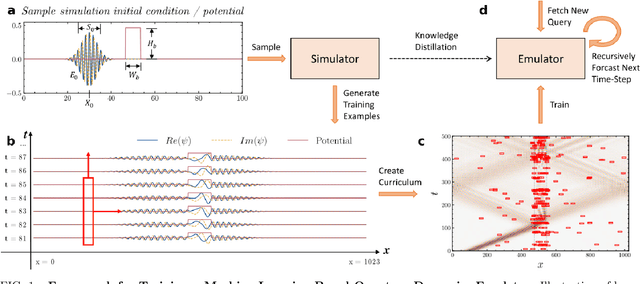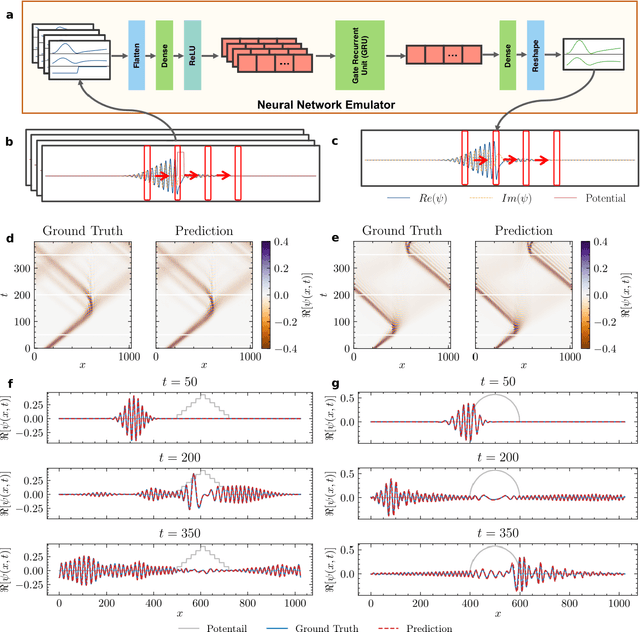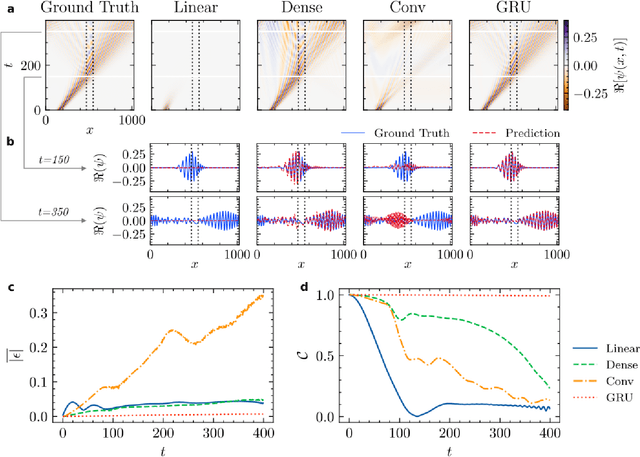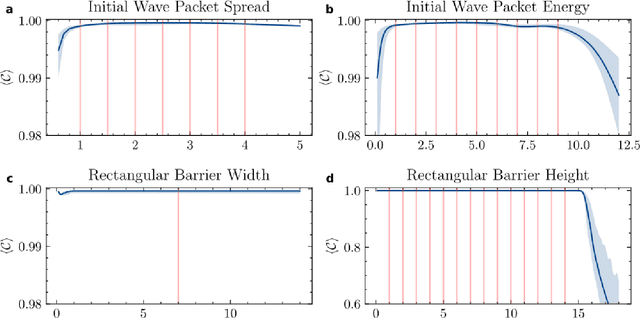Divyam Khanna
When Persuasion Overrides Truth in Multi-Agent LLM Debates: Introducing a Confidence-Weighted Persuasion Override Rate (CW-POR)
Apr 01, 2025Abstract:In many real-world scenarios, a single Large Language Model (LLM) may encounter contradictory claims-some accurate, others forcefully incorrect-and must judge which is true. We investigate this risk in a single-turn, multi-agent debate framework: one LLM-based agent provides a factual answer from TruthfulQA, another vigorously defends a falsehood, and the same LLM architecture serves as judge. We introduce the Confidence-Weighted Persuasion Override Rate (CW-POR), which captures not only how often the judge is deceived but also how strongly it believes the incorrect choice. Our experiments on five open-source LLMs (3B-14B parameters), where we systematically vary agent verbosity (30-300 words), reveal that even smaller models can craft persuasive arguments that override truthful answers-often with high confidence. These findings underscore the importance of robust calibration and adversarial testing to prevent LLMs from confidently endorsing misinformation.
Emulating Quantum Dynamics with Neural Networks via Knowledge Distillation
Mar 19, 2022



Abstract:High-fidelity quantum dynamics emulators can be used to predict the time evolution of complex physical systems. Here, we introduce an efficient training framework for constructing machine learning-based emulators. Our approach is based on the idea of knowledge distillation and uses elements of curriculum learning. It works by constructing a set of simple, but rich-in-physics training examples (a curriculum). These examples are used by the emulator to learn the general rules describing the time evolution of a quantum system (knowledge distillation). The goal is not only to obtain high-quality predictions, but also to examine the process of how the emulator learns the physics of the underlying problem. This allows us to discover new facts about the physical system, detect symmetries, and measure relative importance of the contributing physical processes. We illustrate this approach by training an artificial neural network to predict the time evolution of quantum wave packages propagating through a potential landscape. We focus on the question of how the emulator learns the rules of quantum dynamics from the curriculum of simple training examples and to which extent it can generalize the acquired knowledge to solve more challenging cases.
 Add to Chrome
Add to Chrome Add to Firefox
Add to Firefox Add to Edge
Add to Edge